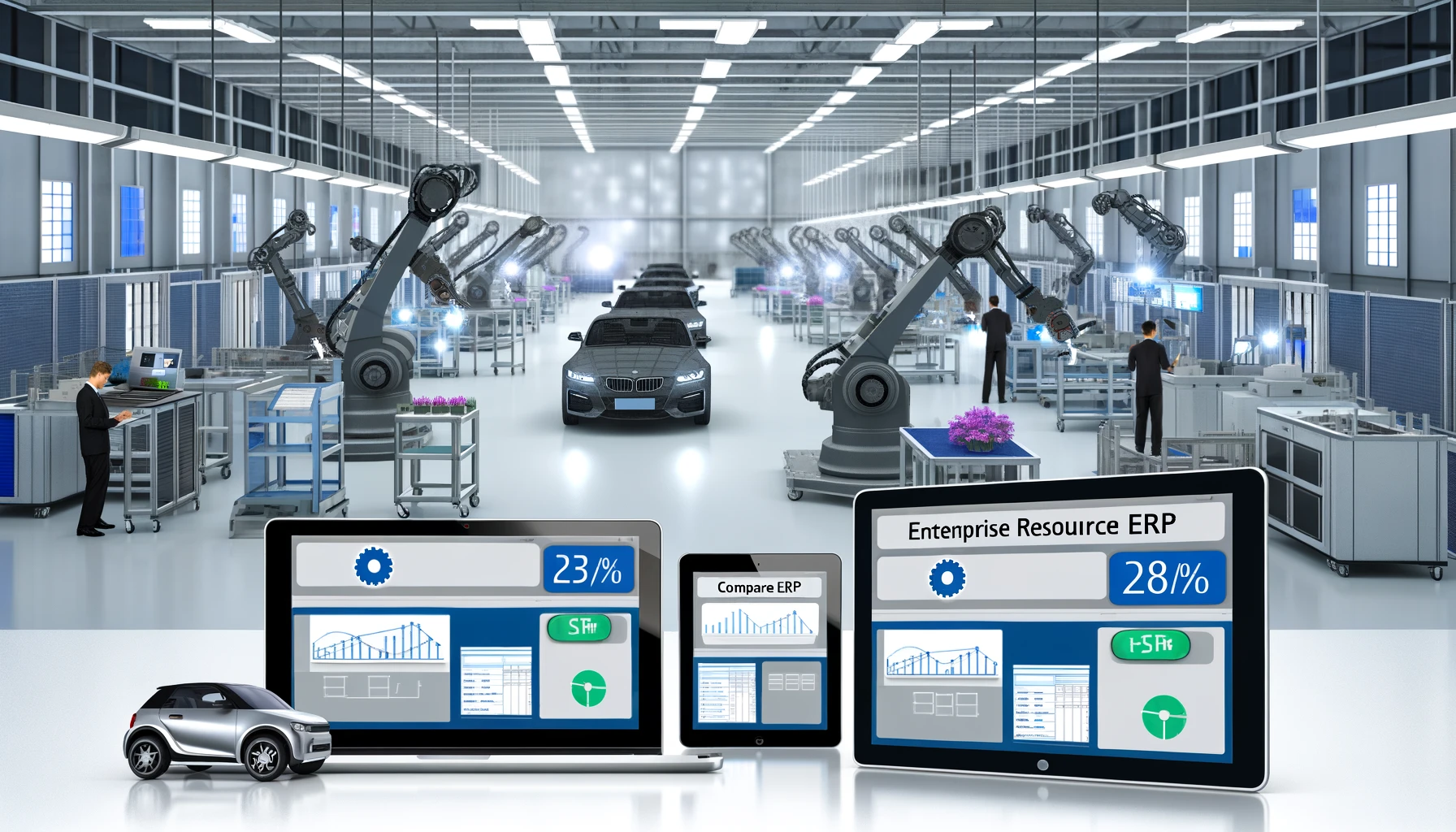Is IFS Right for Construction and Engineering Businesses?

In the fast-paced world of construction and engineering, companies need software that can keep up with their industry’s ever-changing demands. Integrated software systems have become essential tools for managing projects, finances, resources, and compliance requirements. One such solution is IFS (Industrial and Financial Systems), a comprehensive enterprise resource planning (ERP) system. But is IFS the right choice for construction and engineering businesses? Let’s dive into the key features, benefits, and considerations that companies should weigh before deciding if IFS is the best fit for their needs.
Understanding IFS: A Brief Overview
IFS provides a suite of enterprise software solutions specifically designed for industries that demand robust project management, asset management, and service management capabilities. Founded in 1983, IFS has grown into a global player, with companies across various sectors, including construction and engineering, relying on its software.
The IFS ERP system stands out for its modular design, allowing businesses to customize and scale the system according to their specific needs. This flexibility particularly appeals to construction and engineering firms that handle complex, multifaceted projects requiring precise coordination and control.
Key Features of IFS for Construction and Engineering
- Project Management: IFS excels in project management, a crucial feature for construction and engineering businesses. The software enables users to plan, execute, and monitor projects from start to finish, integrating tasks, schedules, budgets, and resources in one unified platform. This level of integration ensures that all aspects of a project align, reducing the risk of errors and delays.
- Asset Lifecycle Management: In construction and engineering, managing the lifecycle of assets—whether machinery, infrastructure, or facilities—is critical. IFS offers tools for tracking asset performance, maintenance schedules, and lifecycle costs. These tools help companies maximize the value of their assets and extend their useful life.
- Supply Chain Management: Construction projects often involve multiple suppliers, contractors, and stakeholders. IFS provides comprehensive supply chain management features that streamline procurement, manage inventory, and ensure timely delivery of materials. These capabilities help prevent costly delays and keep projects on track.
- Compliance and Risk Management: The construction and engineering industries face heavy regulation, and non-compliance can lead to significant financial and reputational damage. IFS includes modules for managing compliance with industry standards, safety regulations, and environmental requirements. Additionally, the software helps businesses identify and mitigate risks associated with projects, ensuring proactive issue management.
- Financial Management: IFS’s financial management tools offer robust capabilities for budgeting, forecasting, and financial reporting. These features are particularly beneficial for construction firms that need to manage complex project-based finances, ensuring cost control and profitability.
Benefits of Using IFS in Construction and Engineering
- Integration and Collaboration: One of IFS’s primary advantages is its ability to integrate various business functions into a single platform. This integration facilitates better collaboration across departments, ensuring everyone involved in a project has access to the same information. This leads to improved decision-making, reduced duplication of effort, and faster response times.
- Scalability: IFS scales easily, making it suitable for businesses of all sizes. Whether you’re a small engineering firm or a large construction conglomerate, IFS can tailor its system to meet your specific needs. As your business grows, the system can expand with you, adding new modules or functionalities as required.
- Customization: IFS’s modular design allows for extensive customization. Companies can choose which modules to implement based on their specific requirements, and the system can be further configured to align with unique business processes. This level of customization ensures that the software supports—rather than dictates—how a business operates.
- Global Reach: For construction and engineering companies operating on an international scale, IFS’s global capabilities offer a significant advantage. The software supports multiple languages, currencies, and regulatory environments, making it easier to manage projects and operations across different countries.
Considerations Before Choosing IFS
While IFS offers numerous benefits, businesses should also consider the following points:
- Implementation Time and Cost: Implementing IFS requires a significant investment in time and money. The process can be complex, demanding careful planning, customization, and training. Companies need to prepare for the initial outlay and ensure they have the resources to manage the implementation effectively.
- Training and Adoption: Given the complexity of IFS, employees may need time to become proficient in using the software. Comprehensive training programs are essential to ensure users can leverage the system’s full capabilities. Businesses should anticipate a learning curve and plan accordingly to avoid disruptions during the transition.
- Ongoing Maintenance and Support: Like any enterprise software, IFS requires ongoing maintenance and support to continue meeting business needs. This includes regular updates, system monitoring, and technical support. Companies need to factor in these ongoing costs when evaluating the total cost of ownership.
Conclusion: Is IFS the Right Choice?
IFS offers a powerful and flexible solution for construction and engineering businesses, with features tailored to the unique challenges of these industries. Its strengths in project management, asset lifecycle management, and compliance make it a strong contender for companies looking to streamline operations and enhance collaboration.
However, companies should carefully consider their specific needs, the resources available for implementation, and the long-term commitment required to maintain the system before deciding to implement IFS. For those willing to invest in a comprehensive ERP solution, IFS provides the tools needed to succeed in the competitive and complex world of construction and engineering.
By weighing the benefits and challenges, businesses can determine whether IFS is the right fit to drive their operations forward and achieve their strategic goals.
To compare IFS with 100s of other ERP solutions, you can use our new AI-powered Compare ERP tool. It’s free to use and you get a guaranteed discount on your first year’s licence fees with a referral from Compare ERP.









